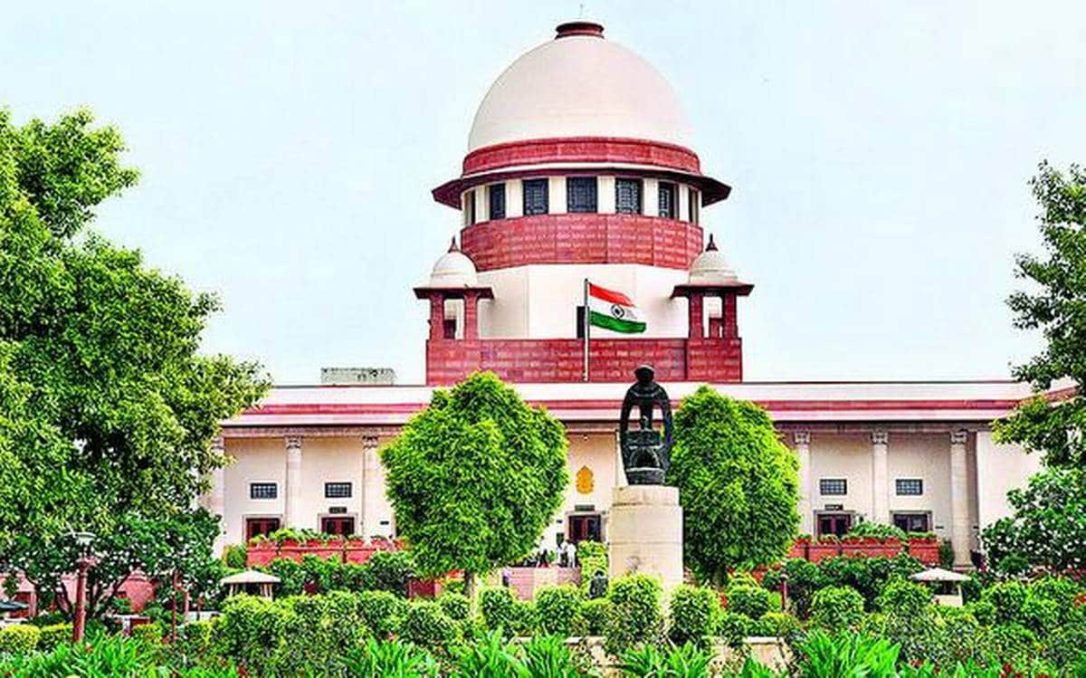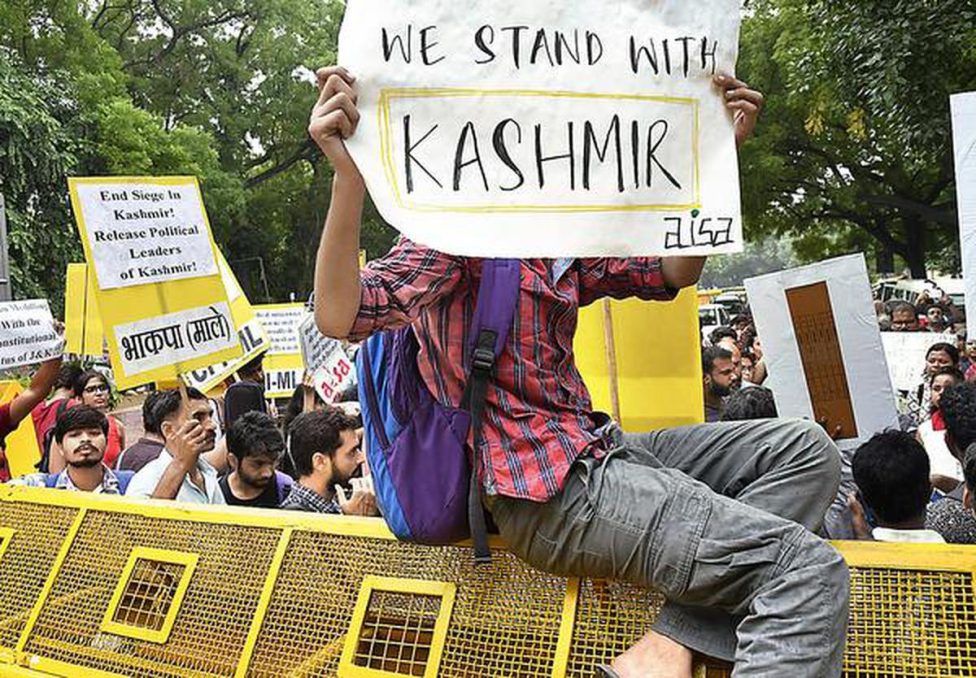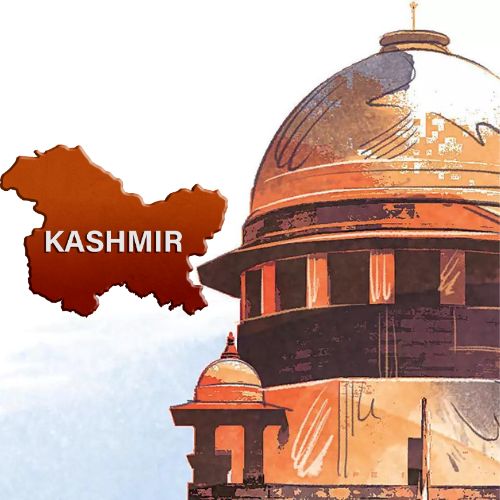The Supreme Court has been receiving a bunch of petitions challenging the abrogation of Article 370 of the Indian Constitution. A five-judge constitution has been conducting day-to-day hearings.

A group of petitions opposing the abrogation of Article 370 of the Constitution (which granted special status to the former State of Jammu and Kashmir) is currently being heard by a bench of the Supreme Court of India, consisting of Chief Justice of India DY Chandrachud, Justices Sanjay Kishan Kaul, Surya Kant, BR Gavai and Sanjiv Khanna.
The Central government’s 2019 decision to abrogate Article 370 of the Constitution leading to the removal of Jammu and Kashmir’s special status, has been challenged in more than 20 petitions before the Supreme Court. The former State was then divided into two Union Territories of Ladakh and Jammu and Kashmir.
SIGNIFICANCE OF ARTICLE 370
The article allows the state certain kinds of autonomy including its own constitution and flag. As a result, the former state could prohibit Indians from outside Kashmir to buy property.

With the victory of the Modi Government in 2019, Prime Minister Modi decided to scrap the article as they believed it didn’t integrate the state of Kashmir. Thus, Kashmir no longer had their own laws and constitution– all the Indian laws were applicable to Jammu and Kashmir.
ONLY THE INDIAN CONSTITUTION CAN BIND THE CONSTITUTION LEGALLY
The court began hearing the case on August 2 when petitioners questioned whether the provision was intended to be a permanent or transitory one by the Constitution makers and the Article itself as the Jammu and Kashmir (J&K) Constituent Assembly, which had the authority to suggest the clause’s deletion, ceased to exist in 1957.
The bench’s inquiries and comments were in response to Senior Advocate Gopal Subramanium’s arguments on behalf of petitioner-lawyer Muzzafar Iqbal Khan, the leader of the National Conference.
Subramanium argued that there are implied limitations on using Article 370(3), which provides for the abrogation of Article 370, considering the President has issued a proclamation suspending the former State Legislative Assembly of J&K.
The CJI replied that the Indian constitution acknowledges the constituent assembly of J&K however it does not refer to the Constitution of J&K at all. He used the reference of Article 356 stating that if any ordinance has to be issued, the President can do so. Thus, “the only document binding the constitution is the Indian Constitution itself”.
“ARTICLE 370 IS FLEXIBLE“
Subramanium argued that both the Constitution of Jammu and Kashmir and India exist and interact with each other. According to Subramanium, the right to remove Article 370 should reside in the hands of the Constituent Assembly of Jammu and Kashmir. Therefore on the following lines, the abrogation of the article seems unauthorized.
However Article 370 is flexible and can be modified to make the Indian Constitution applicable on J&K, said Justice Sanjiv Khanna.
Furthermore, a senior counsel stated that Jammu & Kashmir has experienced remarkable stability and progress since the elimination of Article 370, with stone peltings and school closing(s) becoming a thing of the past.
In the last hearing the Supreme Court stated that in a constitutional democracy like India, people’s opinion on public issues is sought through well-established institutions rather than through referendums as it was in Brexit in the UK.













